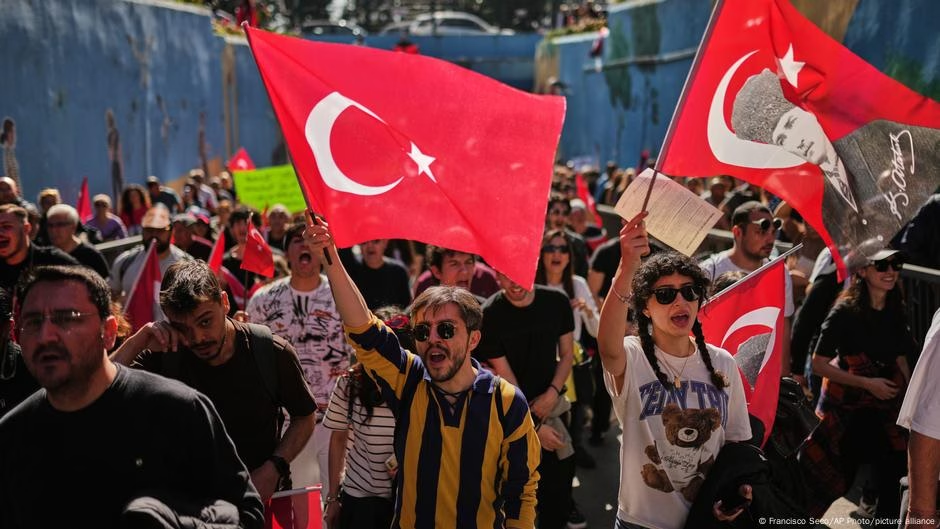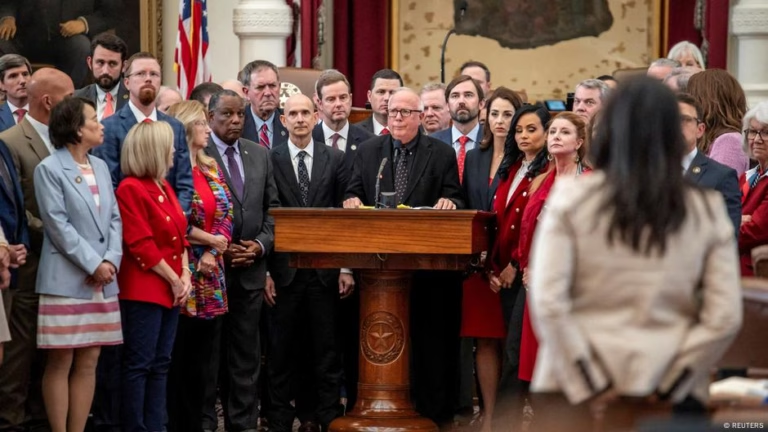As massive protests against President Erdogan’s government in Turkey persist, the secretary general of the Goethe-Institut, Johannes Ebert, expresses solidarity with the protesters. Ebert, who oversees 158 institutions in 98 countries, emphasizes the institution’s support for cultural workers and institutions advocating for freedom of expression and cultural rights.
With three Goethe-Instituts in Turkey, located in Ankara, Izmir, and Istanbul, the institution remains committed to its cultural programs and language courses despite the ongoing demonstrations and the government’s crackdown on protesters. The institution’s building in Istanbul is situated near Taksim Square, a focal point for protests, which is currently cordoned off by security forces.
Turkish artists and writers have joined forces to oppose the arrest of Istanbul’s mayor, Ekrem Imamoglu, with Nobel Prize-winning author Orhan Pamuk among them. Pamuk criticized Turkey’s limited democracy and the recent arrests of opposition figures. The German government has also condemned the attacks on democracy in Turkey, and the German media has reported extensively on the protests.
Ebert acknowledges the challenging times for the Goethe-Institut and the importance of its mission to promote cultural exchange and the German language, particularly in times of political unrest. Without overwhelming its resources, the institution adapts to changing geopolitical shifts and continues to engage with people in countries facing autocratic rulers. The institution faces increased challenges in the United States, where it seeks to reach new audiences and foster people-to-people contacts beyond the political sphere.
Source: https://www.dw.com/en/from-turkey-to-the-us-germany-s-cultural-institutions-role-in-a-changing-world/a-72096593?maca=en-rss-en-all-1573-rdf






